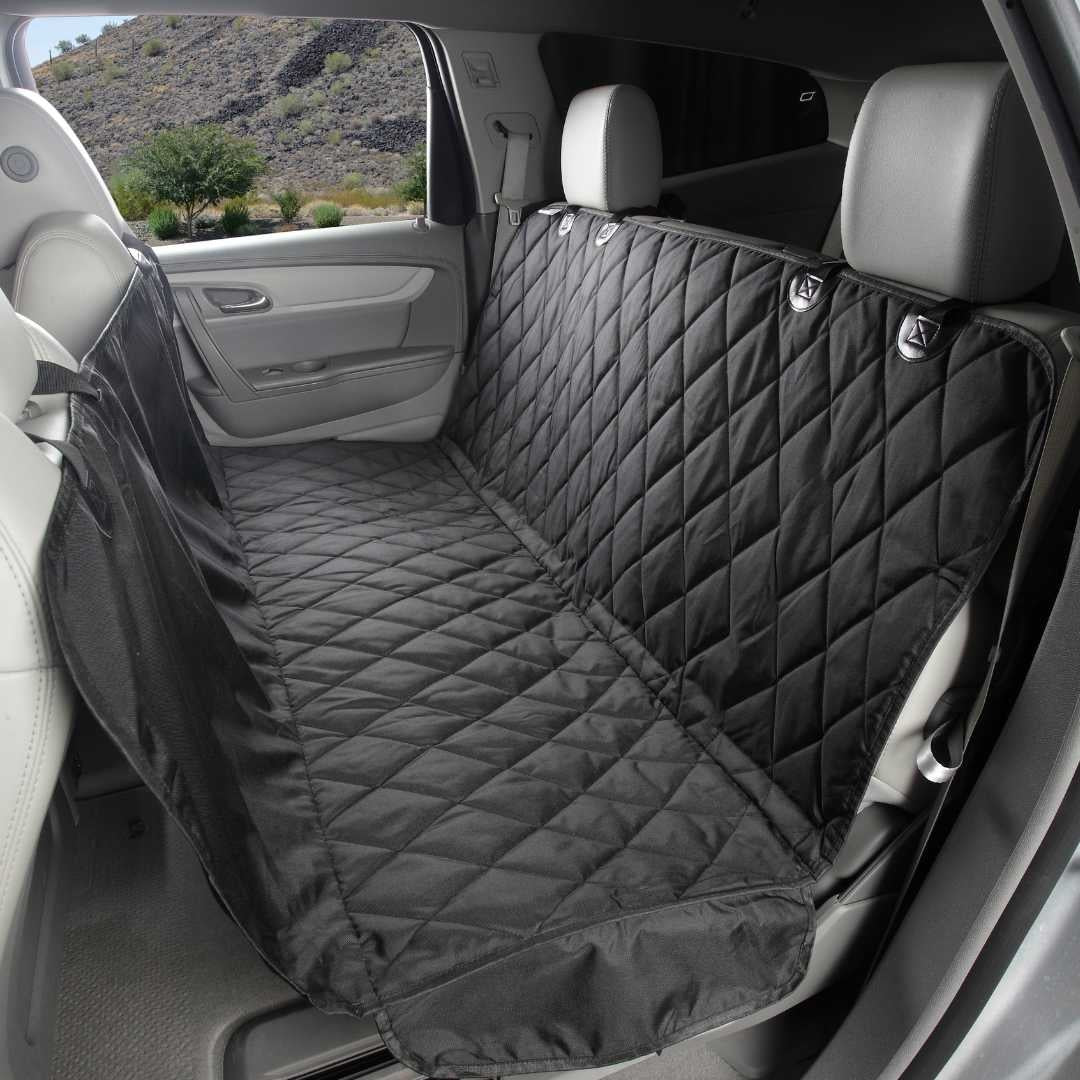Puppy Biting Hard: What Should I Do?
When your puppy is biting hard you may begin to have concerns, you may even question whether he has aggressive tendencies.
Fortunately, you do not have to fear, since it’s quite natural for puppies to bite too hard. When a puppy is still very young, he has not yet learned how hard is TOO hard.
However, while it’s normal, it’s important that you nip the behavior in the bud before it gets out of hand, since dog bites can have major consequences, not only for the victim, but for you and your dog too.
What is Bite Inhibition?
Bite inhibition is simply your dog’s ability to understand the amount of pressure he is applying with his jaw. Within the first 8 weeks of a puppy’s life, the process of learning bite inhibition will have already started in the litter.
One of the reasons that it’s important not to remove a puppy from the litter before 8 weeks of age is that he will have missed learning this important skill, and will therefore be more likely to act rough in play.
How Puppies Learn Bite Inhibition in the Litter
Puppies will often learn from their littermates how hard they can bite without causing pain. During play, one puppy may bite another too hard, causing the bitten puppy to yelp in pain and withdraw from play.
Through a process known as negative punishment, the puppy learns to be gentler. “Negative” simply means removing something, in this case, the playmate.
And it’s not only the littermates who play a vital role. The mother dog also plays a part. If a puppy is too rough while nursing, the mother dog will often leave.
Teaching Your Puppy to Bite Softer
Once you get your puppy home (which should be at 8 weeks of age or older), you need to take over the role of the mother dog/littermates and reinforce in your dog what is acceptable and what isn’t.
One thing to keep in mind is that it is actually a BAD idea to teach your puppy to not bite at all – the reason being that without ever biting, he will never learn how to properly gauge the pressure of his bite.
So how do you go about doing this?
The best technique is to imitate the behavior of the littermates by yelping and withdrawing from play when your puppy nips a little too rough for your liking.
Don’t expect instant miracles, bite inhibition is a process that takes a lot of time and repetition to hone!
Furthering Bite Inhibition
Once your puppy has learned a reasonable level of control, you may think that the training is over… But actually, it is a good idea to further your training by working on softer and softer bites.
In other words, when your puppy nips at you, even if it is quite gentle, you can simply act like it hurt, yelp, and withdraw from play.
Again, this process takes time so be patient. And remember to always give your puppy lots of praise when he puts his mouth on you without applying any pressure at all! Over time the puppy should become gentler and gentler, and by around 8 months of age, you should find he no longer puts his teeth on humans.
Einstein the Dog
Hi, I'm Einstein the Dog! My owner Adrienne Farricelli is a professional CPDT-KA certified dog trainer and creator of the popular online dog training course Brain Training for Dogs, which teaches owners how to train their dogs/puppies in the gentlest, fastest and most effective way possible.





